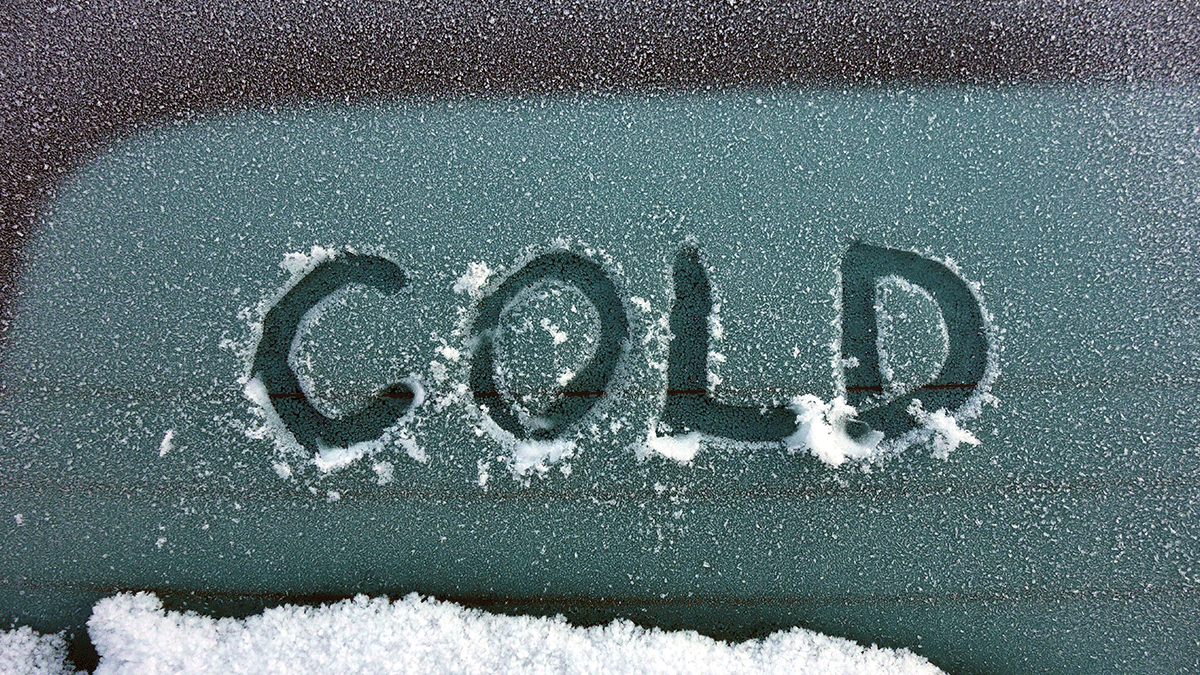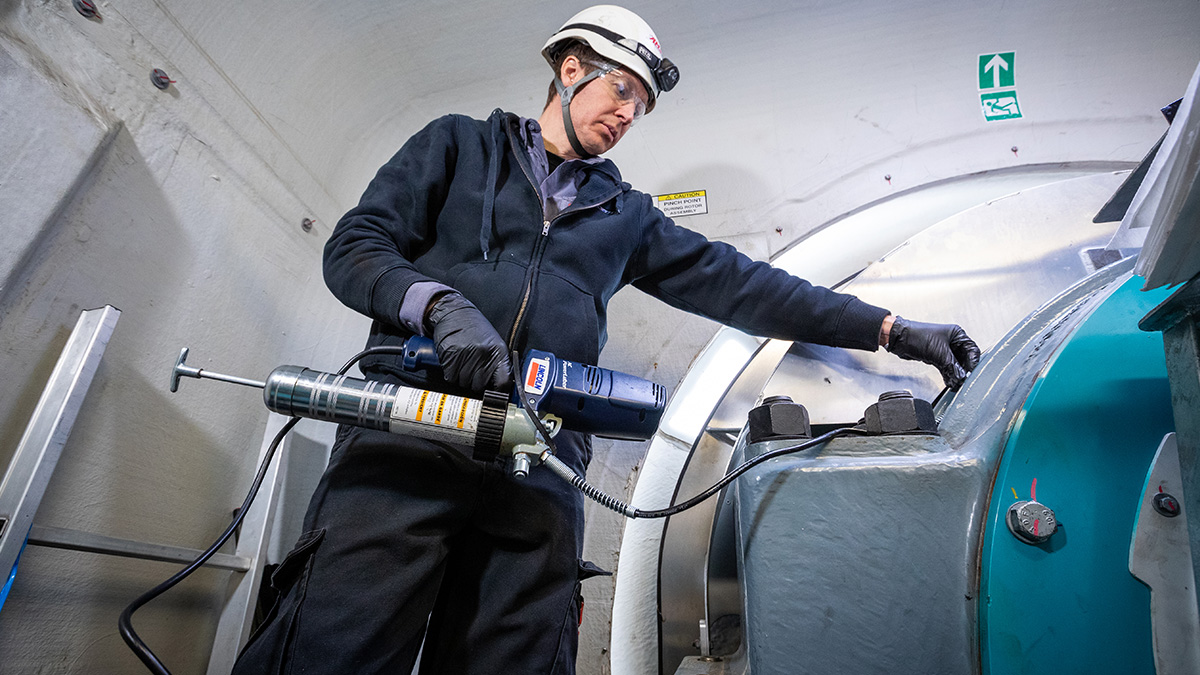Winter is just around the corner, and that means temperatures below freezing and the dreaded routine of starting up an ice-cold car in the morning. It’s tempting to turn the key or hit the remote starter and let it sit for a while to warm up your car before driving off. But idling for long periods is exactly what you shouldn’t do to warm up your car faster.
Cold engines use more gas
When it’s cold, gasoline doesn’t evaporate as well inside your engine to create the right fuel/air ratio needed for combustion. Modern car designs compensate for this issue by pumping more gasoline into the mixture to get things going. The engine will run this way until it heats up to about 40ºF (4.4ºC).
While this gets your engine up and running, the added gasoline isn’t good for the cylinder walls. Gasoline is a powerful solvent that can wash away the oil necessary for lubricating the cylinder walls. This can increase wear and shorten the lifespan of vital engine components.
To warm up your car, drive it…gently
Driving your car is the fastest way to increase engine temperature to 40ºF (4.4ºC) and achieve the desired fuel/air ratio. But use caution – don’t floor it as soon as you hop in and slam the door. It can take several minutes for the engine to fully warm up, so take it easy when you first get going.
A Car and Driver test shows how driving gently warms your car faster than idling. The editors tested how long it took the cabins in a pair of BMW M340i sedans to warm to 72ºF (22ºC), depending on operating conditions.
Driving an average of 39 mph warmed the interior in 9.8 minutes. However, it took 29.6 minutes when idling.
The bottom line
In short, you don’t need to warm up your car before taking off in the winter. Idling your engine too much can reduce its lifespan, and it doesn’t effectively heat up your engine faster.
The best advice is to start your car and only let it sit about a minute or so before driving. Dust off the snow, scrape the ice off your windows and then get on your way. You’ll save fuel – and save your engine in the long run.






Comments
Share: